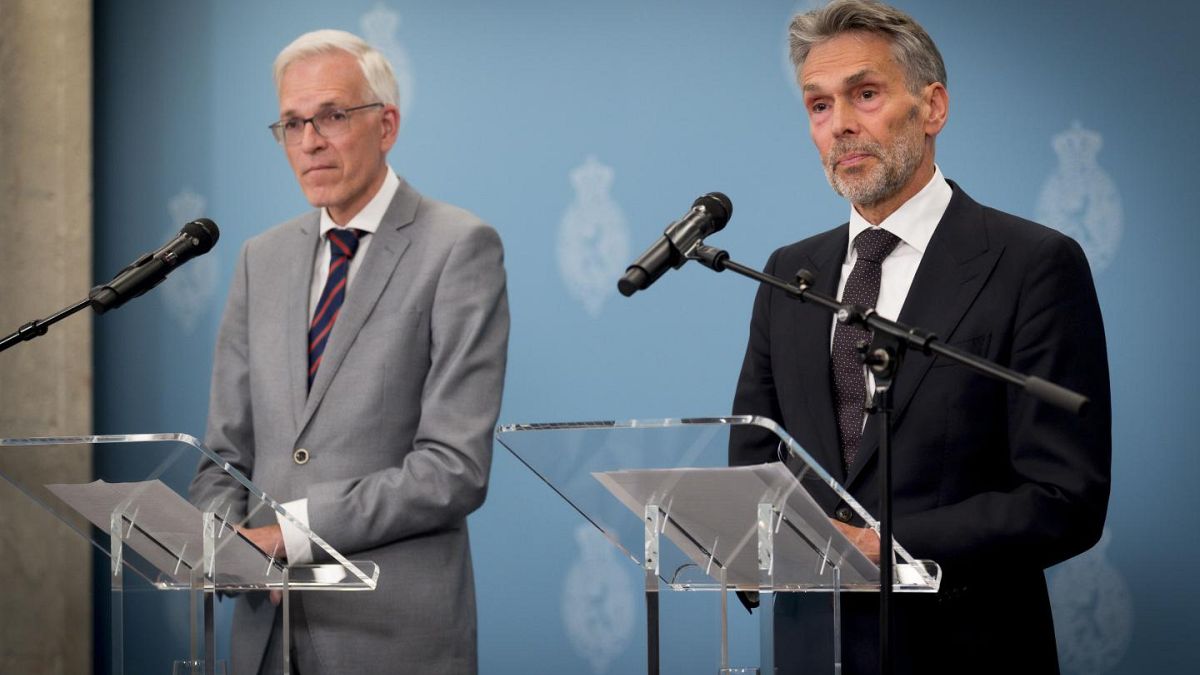The Netherlands is gearing up for a new prime minister, Dick Schoof, a former spy chief with extensive experience in security and counterterrorism. Schoof’s background starkly contrasts with that of his predecessor, Mark Rutte, who has been influential in EU politics since 2010. Despite Schoof’s lack of political party affiliation, he is set to lead a coalition that includes the radical right-wing Freedom Party, the liberal VVD, conservative NSC, and farmers’ party BBB.
Schoof has stated that he aims to represent all Dutch citizens as prime minister, not just those aligned with the PVV. The process of selecting ministers for his government is underway, with plans being developed based on an agreement previously made among the coalition parties. While Schoof did not elaborate on his specific plans for the country, he emphasized that the coalition agreement is ambitious and will benefit all Dutch people.
The surprise nomination of Schoof has raised some concerns among opposition parties, particularly Denk, which represents minority rights. They have criticized Schoof’s leadership during his time at the security service, as he reportedly targeted mosques and Islamic organizations. Another right-wing party, Forum for Democracy, has raised questions about Schoof’s involvement in alleged spy activities conducted by NCTV during his tenure. Despite these concerns, Schoof’s nomination is expected to receive formal approval in the coming weeks.
Geert Wilders, who led the PVV to become the largest party in the 2023 national election, had the opportunity to become prime minister but ultimately declined to take a ministerial post in the new government. This decision led to the formation of a technocratic government with Schoof at the helm, representing a unique situation in Dutch politics. As all eyes turn to Schoof’s leadership, the challenge will be to navigate the responsibilities of leading a far-right coalition as a top civil servant with limited political experience.
In conclusion, the appointment of Dick Schoof as the next prime minister of the Netherlands marks a significant shift in the country’s political landscape. With his background in security and counterterrorism, he brings a unique perspective to the role that may differ from traditional political leaders. As he works to unite a diverse coalition and address the concerns of opposition parties, the success of Schoof’s leadership will be closely watched by both Dutch citizens and the international community.











